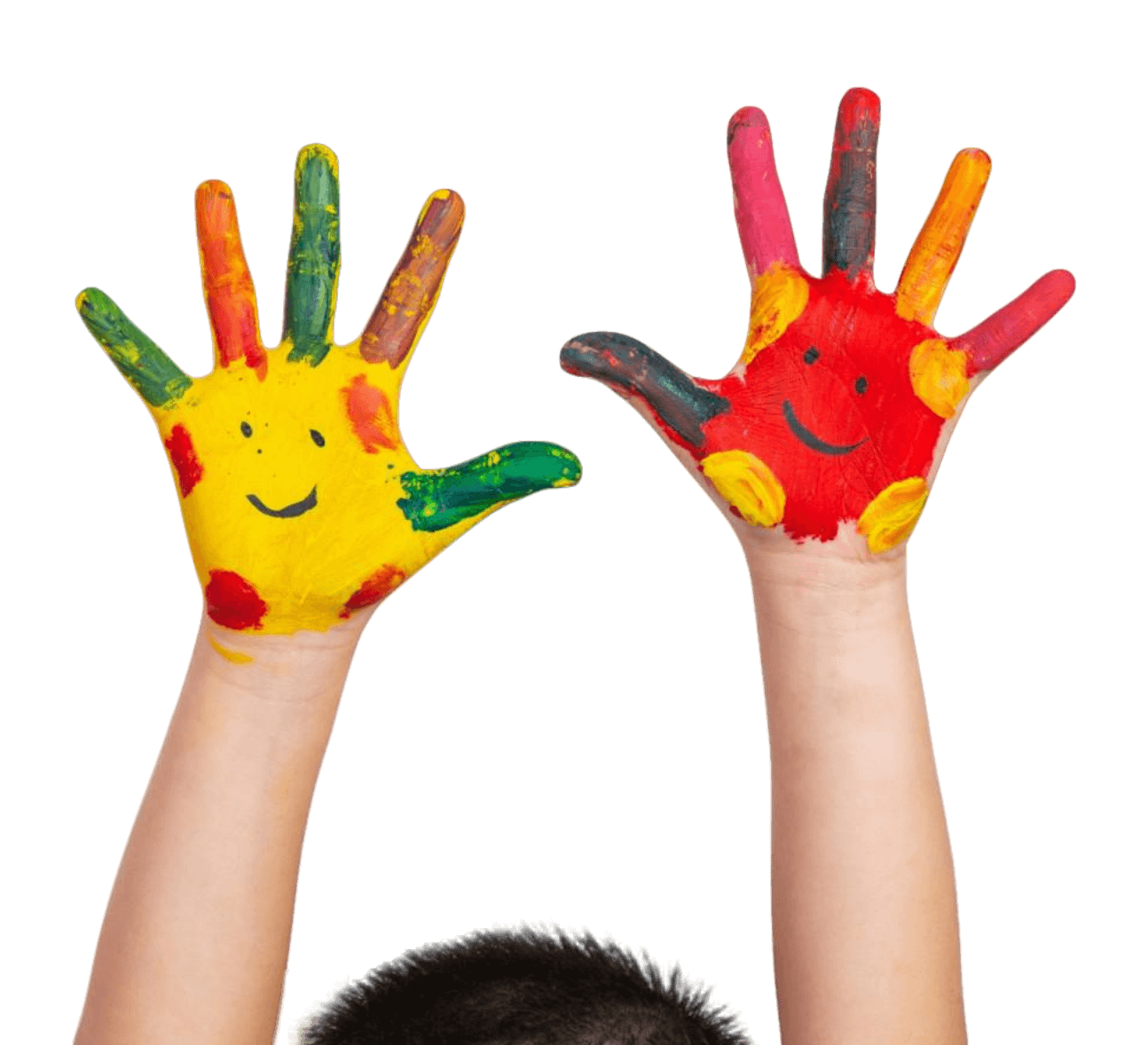
FAQ's
Popular Questions
Montessori is a unique, scientific educational approach nurturing a child’s natural desire to learn. The method is based on the work of pioneering educator Dr. Maria Montessori.
Children go through “planes of development” with the right support in a prepared environment.
At AURA, the primary goal is to empower each child to gain a positive attitude towards learning and develop an “inner discipline” in the core concepts of Montessori philosophy.
The right age to start is at 2 years, but children from 2.6 years to 5 years can also join a Montessori. As a Montessori environment has children of mixed age (2.6 years to 5 years), children are greatly influenced by both younger and older ages.
This brings fluidity to their learning and they enjoy working independently and in small groups.
The Montessori method is well-known for its emphasis on hands-on learning and age-appropriate materials allowing children to develop an abstract understanding of concepts.
The curriculum involves 5 key areas:
- Exercise of Practical life:
Activities that help children develop everyday life skills
- Sensorial:
Exploration through sensory perceptions and experiences
- Mathematics:
Lays solid foundation to understand numeration, their relationships and thereby lay a groundwork for complex mathematical concepts
- Language(English):
Activities designed to enhance language development through phonics, reading, writing, communication and grammar
- Culture:
Engaging in cultural activities that broaden the child’s understanding of the world around through geography, science, history, zoology, art, craft, music, dance and theatre.
A typical Montessori classroom hosts 12 to 15 students, staffed by a trained Montessori adult.
Children of ages 2 years to 5 years are grouped in a Montessori environment – this is mixed age group. This is a break away from the traditional age-segregated classroom of a traditional school.
The diversity of mixed age group eliminates unhealthy competitions between students. Through self-paced learning, children work on their own, while simultaneously “looking ahead” in academics when observing their peers – younger and older.
To understand the concept, we invite you to contact Aura Montessori and ask for a tour.
You will be pleasantly surprised!!
A Montessori and traditional school differ significantly in pedagogy, educational philosophies, approach and independence.
Montessori emphasises on child centered, hands-on exploration which encourages love for learning, critical thinking with problem solving activities.
Traditional school follows a teacher centered approach with a standardized curriculum set by the educational board, often relying on quantitative measures such as tests and exams.
Montessori education has positive benefits where the child’s resourcefulness and natural abilities is built through practical hands-on learning.
Montessori children are academically, emotionally and socially stable as compared to a non-Montessori student. A traditional school may not provide concrete tools to allow students the freedom to discover abstract ideas.
The transition from a Montessori to Grade 1 can be made seamless by preparing the students with right approach.
Communication and preparing a traditional setup in the final year of Montessori education can help the child adapt easily.
Parent support, understanding and patience will also make a difference during the transition period.
Research shows Montessori children are extremely well prepared academically, socially and in life skills. Their self-control, working memory and positivity towards learning sets them apart.
Montessori education fosters a sense of autonomy and fulfilment in children linking it to an elevated psychological well-being in adulthood.
Montessori education provides a solid foundation for life long success 😊!!!!!
